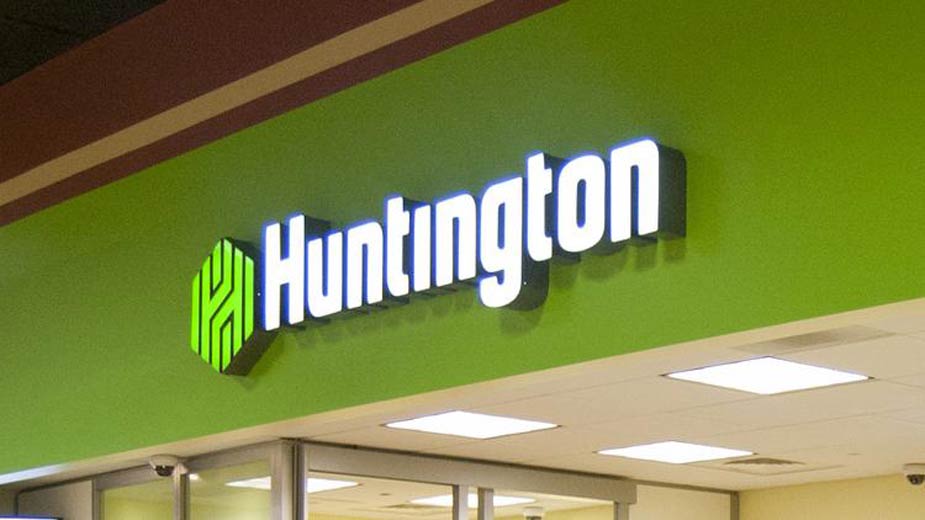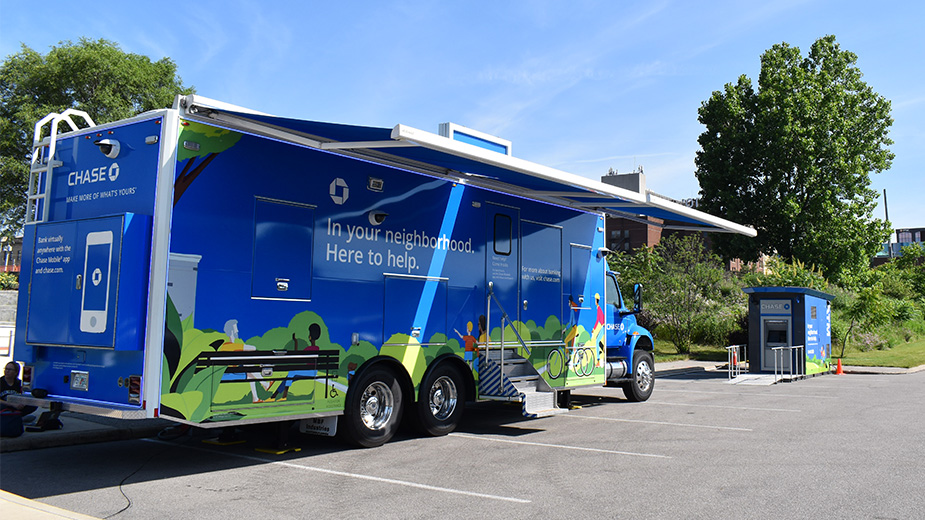Banks, Credit Unions Teach Financial Literacy
YOUNGSTOWN, Ohio – Each year, 300 junior and senior high school students from across the Mahoning Valley spend a day at Youngstown State University where they set their budgets to allocate their income among rent, car payments, clothing, food, technology and recreation.
The students have household incomes that range from $30,000 a year to $500,000.
These incomes – simulated, of course – are part of a module intended to teach the teenagers how to manage their finances and live within their means.
“It’s important to students as they graduate from high school to be familiar with these issues,” says Michael Kurish, president and CEO of the Associated School Employees Credit Union, Austintown.
ASECU has partnered with YSU and Junior Achievement of the Mahoning Valley the last decade to conduct the daylong course. While students are on campus, they hear a keynote speaker deliver a lecture and break out into groups where the employees of banks, credit unions and brokerage firms discuss credit (establishing and maintaining good credit), saving and investing, and the importance of setting and adhering to a budget.
“It helps students come out of school better prepared to be more financially responsible and better leaders in our community,” Kurish says.
One speaker, Ken English, has taught investing at the seminar the past four years. English covers the basics of banking, checking and money market accounts, certificates of deposit, stocks, bonds and mutual funds.
“I graduated from Hubbard High School a long time ago and we never had anything like this,” says English, a financial adviser at the Edward Jones office in Austintown.
English has worked with Junior Achievement 10 years to teach lessons in area high schools. He visits the high schools a few times every semester.
“I try to get in front of as many students as I can so that they can learn good saving habits at the age of 17,” English says. “Hearing this from a third party and not their parents especially helps kids to understand savings and investments before going to college.”
Junior Achievement of Mahoning Valley partners with businesses to maintain its program in 91 schools across Mahoning, Trumbull, Columbiana and Ashtabula counties, says its president, Michele Merkel.
Farmers National Bank, 7 17 Credit Union and Chemical Bank work with Junior Achievement as well by having their employees visit schools to teach financial literacy based on guidelines that Junior Achievement provides.
“We make it easy for financial institutions to get involved in the community because we have relationships with schools and can coordinate everything between them,” Merkel says.
Since 2012, Ohio high schools have been required to provide instruction in economics and financial literacy either in a stand-alone class or with another course. Many schools use JA programs in a social studies or math class to satisfy these standards.
The JA program also meets the financial literacy requirements for middle school students who begin to explore careers and learn how their choices tie into their finances when they embark on their careers.
But Merkel doesn’t think that financial literacy in middle and high school is early enough for students to learn about it. “We need to start younger. Understanding ‘What is a savings account?’ at an early age creates the culture of savings,” she says.
Junior Achievement offers programs for elementary students. “We introduce options to make payments with debit or credit cards, and introduce them to a check,” Merkel says, and for kindergarten where students learn about coins, the difference between needs and wants, and they are introduced to savings accounts.
Farmers Bank works with Junior Achievement by teaching a six- to eight-week program in the eighth grade at Canfield Village Middle School, says Amber Wallace, chief retail and marketing officer.
Schools reach out to Farmers asking if an employee can come in and speak on a specific topic outside of financial literacy. Starting this fall, Farmers will hold three to four seminars open to the public that address cybersecurity and consumer compliance risk management. Having an educational program in place is part of Farmers’ community plan each year, Wallace says.
“It’s a very strong need and we’re always thinking about how we can advance and make our communities better,” she says.
Similarly, 7 17 Credit Union has employees who volunteer to teach Junior Achievement’s program in schools, says Eric Lanham, its vice president of marketing.
The credit union works with students beyond the program by inviting schools to take a field trip to its main office in Warren. There students get a tour and learn some basics of managing finances.
In addition, the credit union has piloted the Crayons to College program in Austintown Schools, which focuses on the basics of banking that students need, such as the importance of savings.
And 7 17’s work doesn’t end after students graduate. The credit union holds financial literacy seminars for adults throughout the year that are open to the public at its main office.
“It doesn’t cost a lot of money to put together a seminar or go out and speak to a group,” Lanham says. “It’s some place where we can make a big impact without taking a lot of resources.”
Members of 7 17 can use its online Knowledge of Financial Education, or KOFE, program, which offers free education tools and resources to support their long-term financial health.
The online resource center has learning modules and recorded webinars, with a new webinar each month that highlights topics such as credit, how to manage a checking account, debt management and how to create a budget.
Through KOFE, members have access to one-on-one interaction with certified financial counselors over the phone, or 7 17 can refer members to a counselor from financial education company Apprisen’s website. Counselors walk members through their credit reports, give advice on how they can improve their credit scores and help them put together a household budget and a debt management program.
“A lot of times people don’t understand all of their options or how certain products and services work,” Lanham says. “That lack of knowledge can create financial difficulties.”
One of the biggest financial difficulties Ky Pegues from Chemical Bank finds is people struggling to position themselves to buy and own a residence. Pegues, the Community Reinvestment Act market manager for Chemical, reviewed the data collected from a survey from more than 50 individuals at nonprofits she visited last year.
The survey asked where the individuals needed help. Their biggest need was affordable housing, she says.
“Our ultimate goal from the bank is to create mortgage-ready individuals and we want to allow people to be homeowners,” Pegues says. “The best way to do that is through financial literacy and credit is a big piece we hit on.”
In 2017, Chemical benefited 1,800 people in Mahoning and Trumbull counties with financial literacy education, its regional president, Michael Schrock, says.
One initiative was at Beatitude House in Youngstown. There employees sat down with the women to prepare them in managing their finances as they re-enter the workforce or begin to live independently.
Another segment of the community that Chemical serves is small businesses. Last year, employees partnered with YSU’s Williamson College of Business Administration to speak to college-age entrepreneurs on the best ways to handle finances to nurture their business.
“We try to better the lives of the people in our community and it will just make it a better place for all of us,” Schrock says. “It’s a win for these organizations and a win for us as well because we’re able to reach a group of students and make an impact on their lives.”
Copyright 2024 The Business Journal, Youngstown, Ohio.


